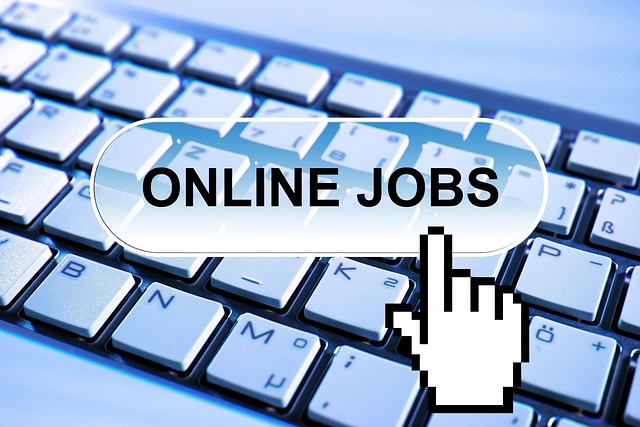Is Your Job Safe? Preparing for AI-Driven Redundancy
Is Your Job Safe? Preparing for AI-Driven Redundancy
As artificial intelligence (AI) technology evolves at a rapid pace, a pressing question arises: “Is your job safe?” Many industries are witnessing transformative changes brought about by automation and machine learning. Understanding the implications of AI on your career is crucial for your future employment security. In this blog, we explore how to prepare for AI-driven redundancy and what steps you can take to safeguard your professional journey.
Understanding AI and Its Impact on the Job Market
The advent of AI technologies has led to significant advancements in various fields, from manufacturing to retail. However, this technological growth also raises concerns about job displacement. According to studies, AI could potentially replace a significant number of jobs, particularly those involving repetitive tasks and manual labor. Understanding which industries are most susceptible to AI disruption is essential for gauging your job’s risk level.
Identifying Vulnerable Job Roles
Certain job roles are more prone to automation than others. Here are a few sectors where employees might face higher risks of redundancy:
- Manufacturing: Routine assembly line jobs are increasingly being performed by robots.
- Customer Service: AI chatbots and virtual assistants are capable of handling a variety of customer inquiries.
- Transportation: The rise of autonomous vehicles could threaten driving jobs.
By understanding the landscape, you can better assess your career’s vulnerability to AI-driven changes.
Upskilling and Reskilling: Your Best Defense
To future-proof your career, continuous learning is paramount. Upskilling and reskilling can make you more adaptable and less susceptible to redundancy. Here are some strategies:
- Embrace Lifelong Learning: Engage in online courses, workshops, and seminars relevant to your field. Websites like Coursera and LinkedIn Learning offer extensive resources.
- Develop Soft Skills: Skills such as emotional intelligence, creativity, and complex problem-solving are difficult for AI to replicate and are increasingly valuable in the workplace.
- Explore New Technologies: Familiarize yourself with AI tools and technologies that could complement your work rather than replace it.
Diversifying Your Skills and Career Options
In addition to upskilling, diversifying your skillset can provide additional layers of job security. Consider branching out into related fields or pursuing roles that are less likely to be automated. For instance, if you’re in a traditionally vulnerable job, learning about marketing, project management, or data analysis may open new doors.
Emphasizing Human-Centric Roles
While AI can automate many tasks, there are numerous roles that highly value human touch and insight. Fields such as healthcare, education, and creative industries might experience growth as automation rises elsewhere. Position yourself in sectors that foster human interaction, critical thinking, and emotional engagement.
The Future of Work: Adapting to Change
As we navigate this transformative era, it’s essential to remain agile and adaptable. The question of whether your job is safe will depend largely on your willingness to evolve and embrace change. Keep abreast of industry trends, network with professionals in your field, and stay proactive about your career development.
Conclusion: Taking Charge of Your Career
In a world where AI is reshaping the job market, being proactive about your skills and career choices is vital. By understanding your job’s vulnerability, embracing lifelong learning, diversifying your skills, and focusing on human-centric roles, you can better position yourself against the tide of AI-driven redundancy. Remember, the future belongs to those who prepare for it!






